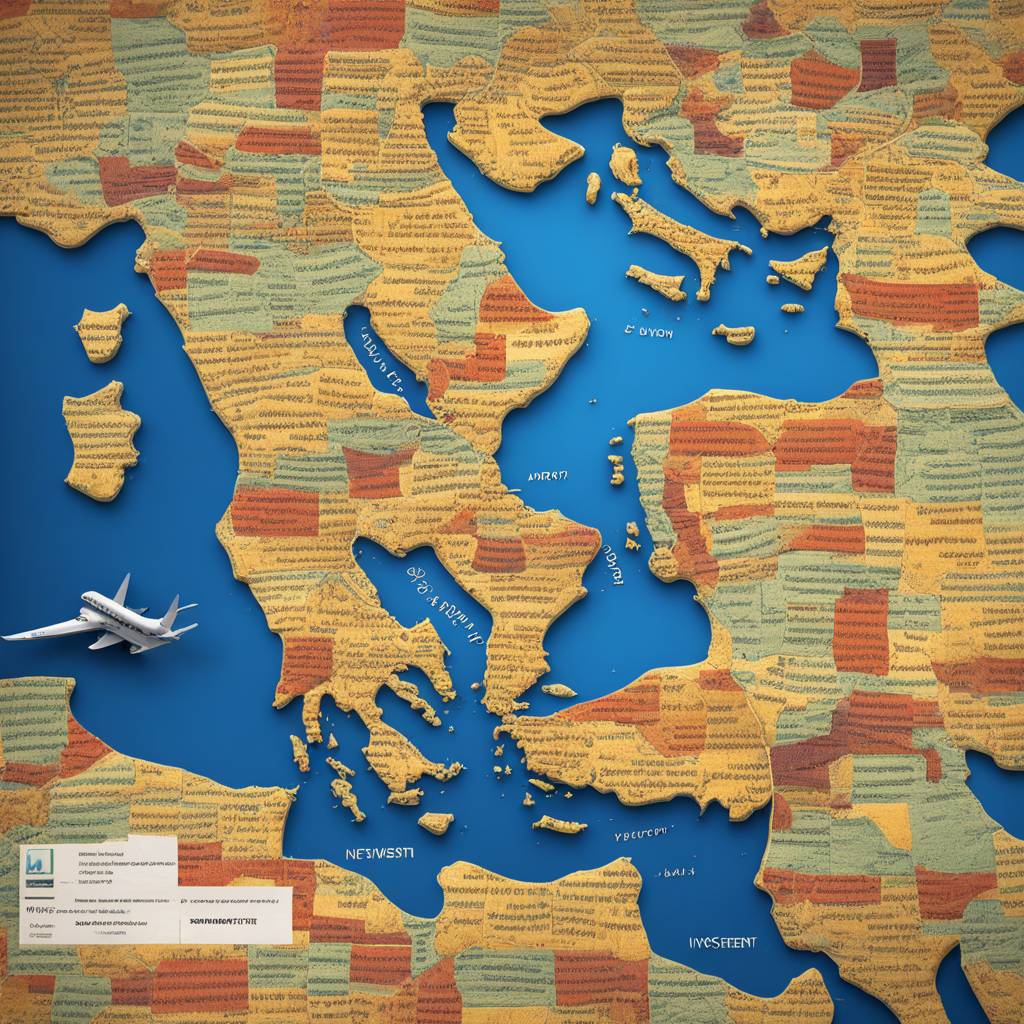The European Union has established a new “strategic” partnership with Egypt to reduce irregular migration. This partnership involves a €7.4 billion deal aimed at stabilizing Egypt’s economy and curbing the flow of irregular migrants. Egypt has been facing economic challenges due to factors such as high inflation, heavy debt, and a trade deficit. The country recently requested its fourth loan from the International Monetary Fund worth $8 billion. The EU’s deal with Egypt includes €5 billion in concessional loans to support economic reforms and €1.8 billion in investments in areas such as renewable energy and digital connectivity. Additionally, €200 million is allocated for cracking down on human smuggling and trafficking.
The EU’s focus on boosting Egypt’s economy as a means to control irregular migration is based on the idea that economic stability can reduce the incentives for people to migrate. Despite hosting over 500,000 refugees, most of whom are from nearby countries such as Sudan and Syria, Egypt has also seen a significant increase in asylum applications by its own nationals in recent years. These migrants often travel through Libya to reach Europe, or fly to Turkey to enter the EU via countries like Bulgaria or Greece. The EU recognizes the need to address both economic and security factors that drive migration from Egypt.
Issues such as human rights violations, repression, and the security situation in Egypt have also been cited as push factors driving migration. Since the 2013 coup, President Abdel Fattah al-Sisi has been accused of increasing authoritarianism and curtailing freedoms. Organizations like Freedom House, Human Rights Watch, and Amnesty International have condemned the human rights situation in Egypt. Despite these concerns, the EU’s partnership with Egypt focuses heavily on economic assistance, with €5 billion in concessional loans being disbursed without specific conditions on how the money should be spent.
Critics have raised concerns that the EU’s focus on combatting human trafficking may not address underlying issues such as the decline of the rule of law in Egypt, which has contributed to economic turmoil and deterred foreign investment. Claudio Francavilla of Human Rights Watch argues that addressing these issues is essential for long-term stability in Egypt. Sara Prestianni of EuroMed Rights calls for clear conditions linking EU payments to respect for fundamental rights and the rule of law. There are fears that the partnership may inadvertently lead to increased repression by Egyptian authorities, worsening conditions for asylum seekers and refugees.
While the EU hopes that improving Egypt’s economy will reduce irregular migration, there are concerns about the potential impact on vulnerable populations such as Sudanese refugees in Egypt. Andrew Geddes of the Migration Policy Centre warns that increased pressure on Egypt to prevent irregular departures could lead to greater suffering for asylum seekers and refugees. Despite the economic support provided by the EU, there is uncertainty about the long-term implications of the partnership and its potential consequences for those seeking refuge in or transiting through Egypt. It remains to be seen how the partnership will balance economic concerns with human rights considerations in the ongoing effort to manage irregular migration.













